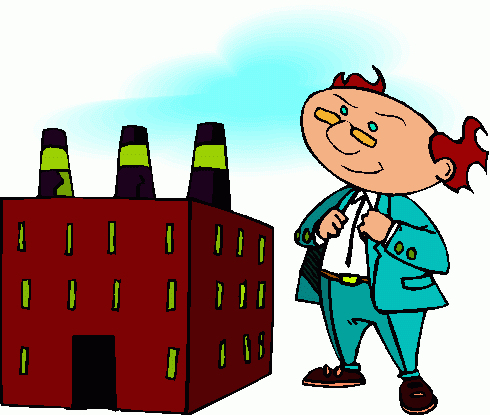An owner is a legal entity or citizen who owns, uses and disposes of certain property or the results of personal intellectual activity. These rights are regulated by law.
The objects of ownership are residential premises, enterprises, individual structures, land, equipment, money, securities, as well as the results of intellectual activity of individuals. The economic basis of property is the ability to cover the entire business process, including production relations, exchange, redistribution and extraction of useful qualities.

Ownership right
This right means the possibility, regulated by law, to have a certain thing or property. This category is an integral part of ownership. It means the ability of an individual or legal entity to influence a thing, apply it on an economy, for personal purposes, etc.
Right of use
An owner is a person or company who can exploit things or property using their useful properties for personal purposes. This category is closely related to ownership, since only the owner can use his property or persons who have received such authority from him.
Right of disposal
The right of disposal is a set of legal norms that reinforce the ability to determine the actual and legal fate of a thing. The owner can sell this property, give it to someone, destroy it and transfer it by will. This right is also allowed for exercise by others, but only at the direction of the owner.

Basic ownership
Private property is a set of objects that individual individuals are entitled to own, use and dispose of. The quantity and total value of such property are not limited. The object of ownership can be any objects, except those whose privatization is not provided for by law.
State ownership - a set of elements, the rights to which are fully owned by the state. At the same time, ownership of such objects can be assigned to treasury enterprises or certain structures.
Other forms of ownership
Co-operative - ownership, the rights to which has an association of individual owners. Moreover, each individual is equally involved in the use and disposal of property and has equal rights to income received during the operation of the premises, land, etc.
Municipal property is in the hands of local authorities. They are the main manager of the property, which can be managed by a specially appointed leader.

Joint-stock ownership is formed in those cases when its owner is a number of individuals who have unequal rights to own, use and dispose of it.
Ownership of the premises
The owner of the premises is a citizen or legal entity that owns, uses and disposes of this type of real estate. Such rights may be exercised only by law.
Living room
Residential premises become property as a result of privatization, purchase agreement and will. An individual may use a house or apartment for his or her family members. Moreover, the rights of the owner are the use of housing only for its intended purpose. Such a premises cannot be operated as an industrial enterprise with other intentions not specified by law.

Also, the owner has the right to make repairs and rearrangements in the apartment or house, without affecting the interests of the owners of neighboring housing and without violating sanitary requirements. An individual is obliged to ensure the safety of utility rooms and technical equipment in the house, adhere to safety rules and take measures to quickly eliminate faults on their own or with the help of special enterprises.
Ownership of an organization or enterprise
The owner of the organization is an individual who owns, uses and disposes of the company, and a legal entity that has the right to securities of this structure. Such a citizen can conduct all affairs, pursuing personal goals, and receive income from the activities of his enterprise. The owner of the organization has the right to personally manage all the affairs of the company or transfer these functions to an authorized person. He can recruit other citizens, as well as dismiss them, but only in accordance with the law. The owner has the right to control their production activities related to the interests of the organization. Also, such a person can transfer the company by will, sell it or liquidate it.
Land ownership
The owner of a land plot is an individual who uses and disposes of it for personal purposes. In this case, the object of ownership and operation is the upper soil layer, enclosed water bodies and forest, and other natural objects located in this territory.

The owner can use for personal purposes everything that is located on his land, if this does not contradict the laws of the state. He has the right to construct buildings and other structures, rebuild and destroy them, as well as to hire for work on the territory of other persons. A land plot may become state property by redemption in the manner prescribed by law.

